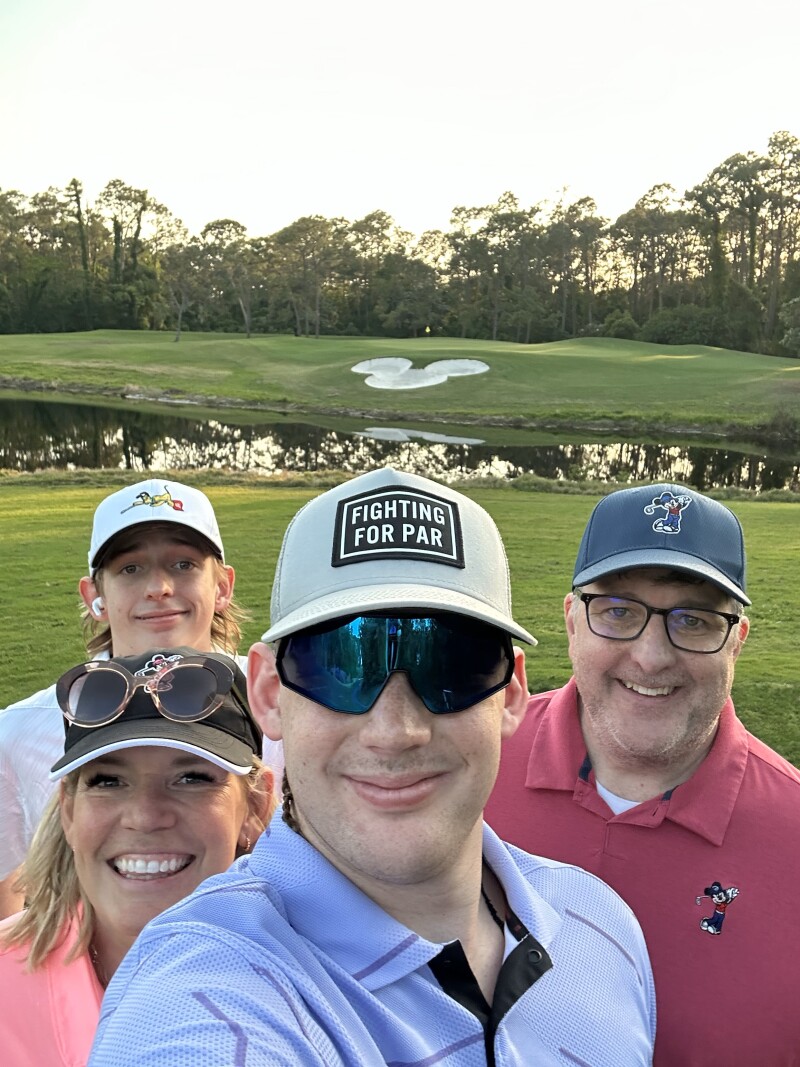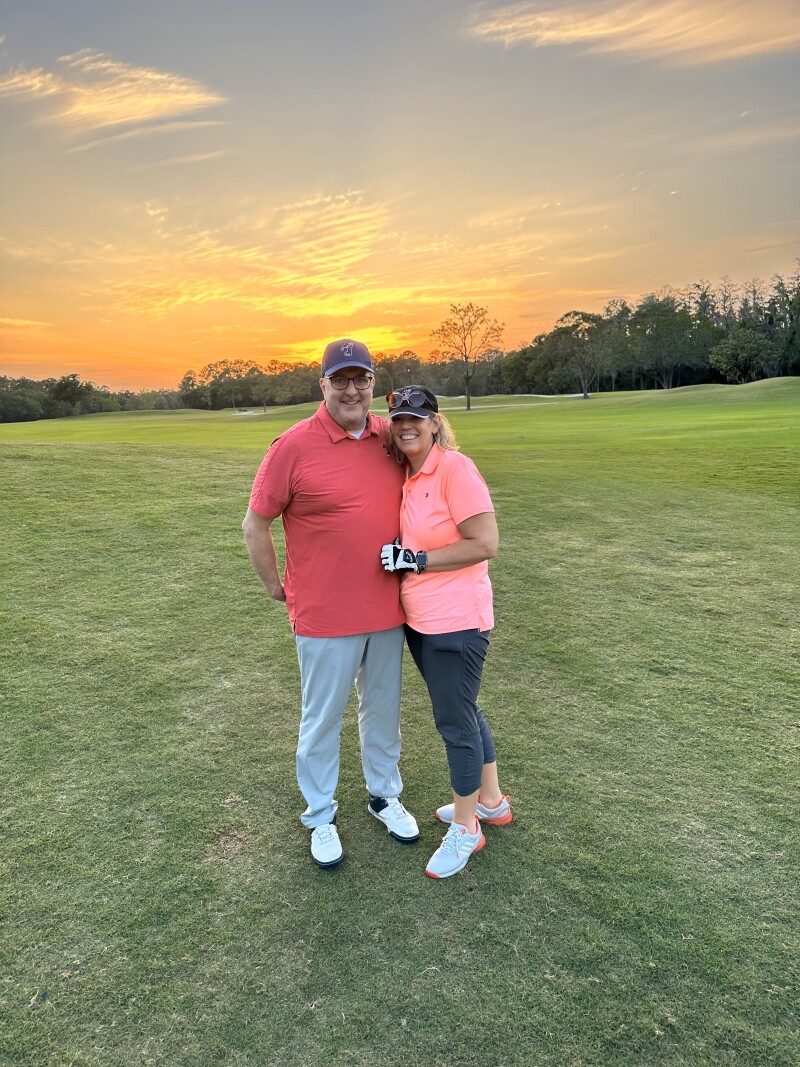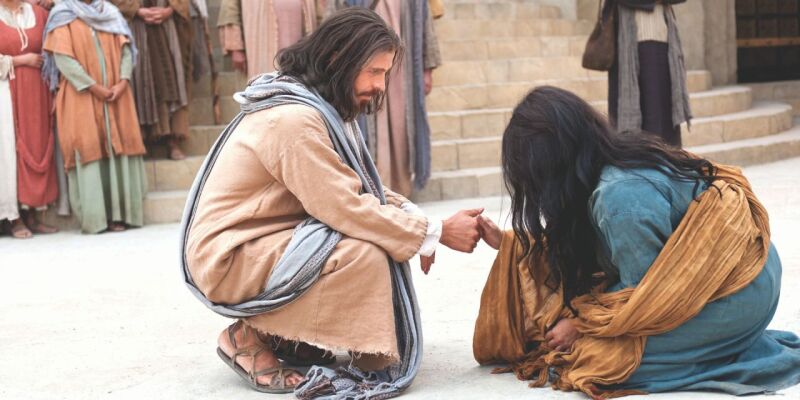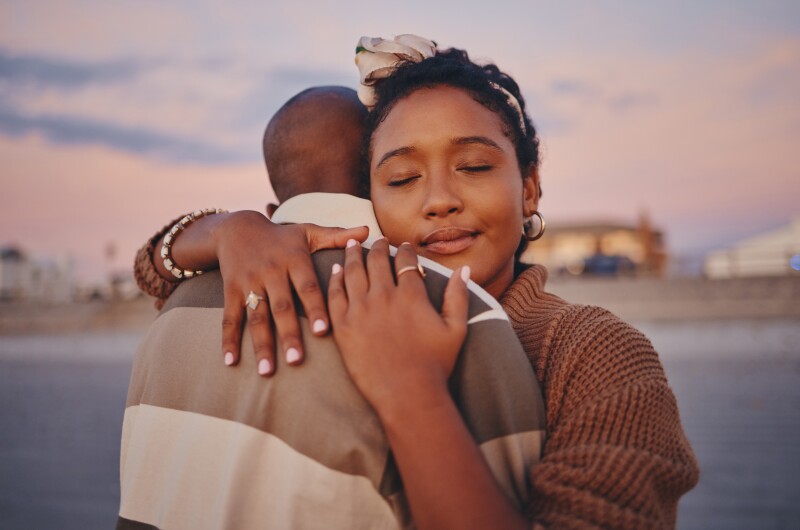In the October 2017 general conference Elder Jeffrey R. Holland said, “My brothers and sisters, except for Jesus, there have been no flawless performances on this earthly journey we are pursuing, so while in mortality let’s strive for steady improvement without obsessing over what behavioral scientists call ‘toxic perfectionism.’ We should avoid that latter excessive expectation of ourselves and of others.”
So how do we create environments where people feel safe to grow? And feel safe asking for help when they’ve made a mistake? Kathryn Davis, host of the Magnify podcast, works as a full-time seminary teacher and has seen first-hand how harmful hiding our imperfections or harshly judging ourselves or others for those imperfections can be to our mental health. In an effort to promote safety and peace, she shares how we can all contribute to making Church environments a safe space for individuals to mess up and still feel their worth as children of God.

Why Do We Feel the Need to Hide?
Life is a classroom where God lovingly corrects our mistakes and teaches us from them, so long as we are willing to share them with Him, rather than hiding them away. Kathryn says that Satan is the one who promotes our sense of fear and embarrassment over our mistakes.
“It [is] Satan who [tells us] to hide, Satan who [tells us] to be ashamed. Never God. That is what has been hijacked by Satan: this idea of shame, this idea of hiding yourself, hiding your flaws, hiding your mistakes,” she says.
While Satan wants us to hide when we make a mistake, God wants us to come to Him. Satan pretends that our mistakes will anger or disappoint God, but they can never change our worth in God’s eyes.
“Worth is determined by the price someone is willing to pay for it—that’s economics 101. And what is the price the Savior was willing to pay for our worth? The ultimate price,” Kathryn says, adding that that price has already been paid for you, with God knowing full well that you would make mistakes. He doesn’t want you to hide those mistakes, He wants to help you heal them.
Recognizing Barriers to Being a Safe Space
Just as Heavenly Father and Jesus Christ want us to come to Them with our imperfections, we should create room for others to feel safe coming to us for comfort and guidance. Kathryn reminds us to be careful when we learn about someone else’s mistakes so that we don’t become shocked or ashamed. Encouraging shame and guilt, whether in ourselves or in others, creates a barrier to being a safe space for those around you. Instead, we have to see those mistakes as part of the plan.
She quoted Elder Lynn G. Robbins from the April 2018 general conference when he said, “Repentance is God’s ever-accessible gift that allows and enables us to go from failure to failure without any loss of enthusiasm. Repentance isn’t His backup plan in the event we might fail. Repentance is His plan, knowing that we will.”
Attempting to conform to an unattainable mold of what a “good member” looks like also hinders us from being a safe space. Kathryn emphasizes that feeling negative pressure to measure up to others never comes from God. Faith comes in a variety of experiences and lifestyles, and we are all working to draw close to the Savior.
“There’s unity in brokenness, and that brings belonging. We need to be broken together instead of pretending that ‘I am perfect’ or pretending that ‘she is perfect.’ We have to understand that everybody is broken and that the best place to help us become like Christ is in a place where everyone is wounded,” Kathryn says.
Building a Safe Space within Your Sphere of Influence
The best place to build a safe space is within yourself and within your home, Kathryn says. She suggests working on your poker face because showing visible signs of astonishment or judgment makes people think they shouldn’t tell you about their problems or mistakes. Instead, try greeting and enveloping everyone who comes to you with love, so they feel safe to come to you again.
Kathryn also suggests keeping your home an open environment. Make an effort to let others know they are welcome to come and talk or seek solace in your home any time. And seek to help people feel comfortable being their true selves in your home. You can do this by participating in activities together that you know the other person enjoys (even if they aren’t your favorite) or by trying something new together.
We can also work to understand when we should teach, and when we should listen. “We’ve got to understand when some of those teaching moments are, and when somebody is just in the middle of telling their story. That’s probably not the time to teach. That’s the time to listen and to love and to understand,” Kathryn says.
When one of her children began struggling with forgiving himself and moving on from his mistakes, Kathryn decided the family needed to make more mistakes together. So they took up golf. None of them were any good at it, and they all made plenty of bad shots and had bad holes. But they discovered that you could still come back from a bad shot, or even a bad hole, and have a good game. Mistakes weren’t the end of the game, but rather just another part of it.

“In my home, we celebrate failures. I think that’s an important part of creating a safe place because if I’m only celebrating wins, then my kids start to think, ‘I’m only good if I’m doing good things.’ As if their worth is tied to accomplishing. Celebrating is honoring the fact that we’re going to try and we’re going to make mistakes and that’s part of the plan,” Kathryn says.

Kathryn incorporated this principle into her seminary class as well. She created the “failure trophy” and in every class she would ask people what their failures of the day were. Her students would cheer each other’s shortcomings because they understood that taking chances and failing is a good thing. And one lucky student would get the coveted trophy on their desk for the day.
How Christ Created Safe Spaces
In Jesus Christ’s interactions with others, He used love to create safe spaces for people to grow. Kathryn points to the story of the woman taken in adultery. When Christ arrives, the first thing He does is give everyone time to calm down by taking a moment to write in the sand. Then He stops the judgment being cast on the woman and sends her accusers away.

“And then He gets down on her level. And He looks her in her eyes. He knows who she is. And He sees her eye to eye,” Kathryn explains. He sets an example of stopping the judgment of those around Him and then meeting others right where they are. As President Dallin H. Oaks says, “The woman taken in adultery was granted time to repent, time that would have been denied by those who wanted to stone her.” This created a safe space for the woman to feel a desire to change her life for the better.
Kathryn can list story after story where Christ created safe spaces: the disciples when they failed to heal, the woman at the well, the brother of Jared, Peter walking on water— in all of these accounts, Christ understood perfectly the person He was talking with. He knew their mistakes and faults, yet He loved them all the same. He came to where they were, and He showed them how to move forward.
“When you love unconditionally, that in and of itself inspires someone to try a little harder,” Kathryn says, “In every interaction [with Christ] … you want to be better because you are loved.”
Just Love Them
Kathryn believes love, not criticism, is the best way to help those who are struggling.
“I just remember one night I was up really late. I was worried about some of the choices my kids were making. And as I lay there, worrying and not sleeping, I felt this overwhelming feeling. Heavenly Father said, ‘I’m not worried about them. Why are you?’ I try and extend that to everyone I meet. God is not worried about them. God has got them. And so I’m going to take away my judgment, I’m going to take away my worry. I’m just going to say, ‘If there’s something I can do to share love, then that’s what I’m going to do,’” Kathryn says.

We are all going to make mistakes—that is part of the plan. And accepting our brokenness instead of hiding it can help us grow as a Church community. We can celebrate the growth that comes from failure and take joy in the Atonement of Jesus Christ which can help us all become clean once more. Kathryn says, “If we truly believe in the Atonement of Jesus Christ, then this should be the easiest place to mess up. This should be the easiest community to make a mistake in.”

